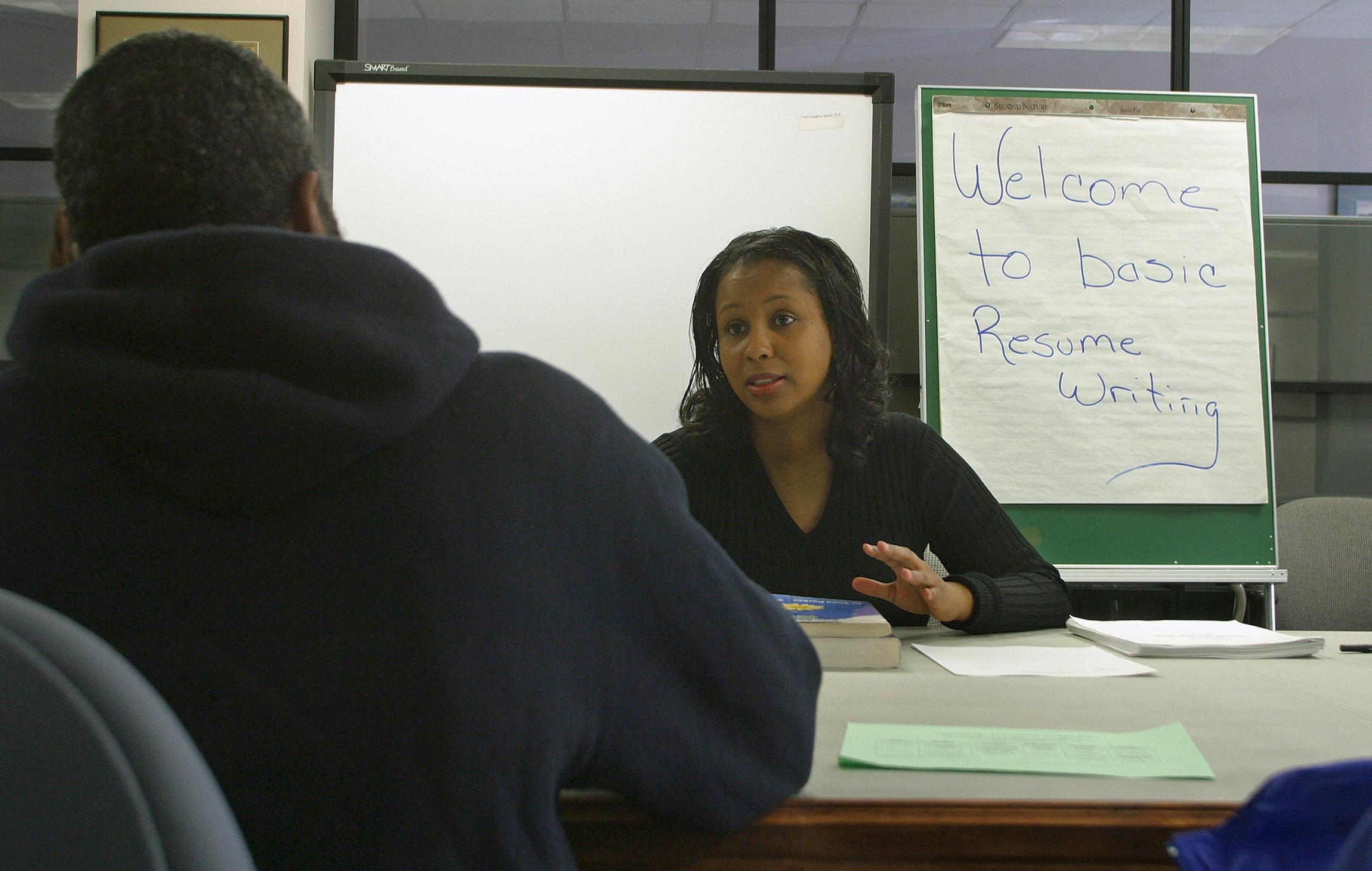
It’s almost summer, where the end of your academic year brings many promising opportunities for self-enhancement beyond the classroom. One of the best ways to leverage your time as a university student is landing a paid summer internship, whether it is a part of your degree programme or not. Paid internships can give you a head start miles ahead of your peers — studies have consistently shown that they yield positive employment outcomes.
Although there is no timeline on when you should apply for a summer internship, employers generally value some experience to show that you’re ready to take on responsibilities at the workplace. It’s why most integrated internship placements occur at the end of your second or third year.
The competitiveness of paid summer internships can make it difficult to land one, but with a little legwork and strategy, you can put yourself in the running for your first step towards professional development.
How to secure a paid summer internship
1) Start early
Doing the work is about awareness and preparation. Having ample time ahead before starting your applications allows you to consider the types of internship that suit your degree programme, skills, and post-graduation goals. If you’re an international student, you need to cross-check with the conditions stipulated on your student visa to ensure you’re not violating any terms that could jeopardise your status.
Transitioning from full-time study to a work-like setting requires a shift in mindset and routines. Unlike university classes, work hours are fixed and are likely to be less flexible than what you’re used to as a student. Getting into the flow of things is a crucial part of your preparation, and habit-building with the aim of becoming a successful intern is a great confidence boost throughout your application process.

An internship is a taster of what work life looks life, so make sure you establish routines that can help you adapt to work hours. Source: Justin Sullivan/ Getty Images North America/Getty Images via AFP
2) Put yourself out there
You can ace all your exams and courses, but you’re not going to get hired if you remain unknown. Casting your networking circle wide helps you recognise the who’s who in the business. Make use of your university’s alumni network, which is the most accessible resource you have as a student.
Look out for graduates from your programme who have successfully transitioned into a career that you want, and don’t be afraid to ask for pointers. Don’t miss out on career and networking events on campus — that’s where you can get valuable contacts on companies and make an impression that will get you one foot in the door of your summer internship.
3) Make use of career centres
The biggest mistake you can make in preparing for an internship application is not seeking out professional services. A study found that less than 20% of undergraduate students in the US utilise career centres, which can hamper job mobility post-graduation.
Whether you’re in freshman year or closer to the finish line, career centres offer valuable resources such as résumé workshops and evaluation and mock interview sessions to help you improve your communication skills. You can make career assessments to find out which internship and working environment pair well with your strengths, so you can make strategic decisions in choosing the companies or organisations to intern with.

Career centres offer extensive services to prepare students for internship and job applications. Source: Robyn Beck/AFP
4) Rack up some experience
An empty résumé is hard to justify, so don’t leave until the last hours before your summer internship application to make up for the blank space. Employers are looking for experience that demonstrates transferable skills, such as leadership, project management, and conflict resolution which signal your career readiness.
Think outside of the box — you don’t necessarily have to gain them through work. You can volunteer and have an active role in university clubs, student organisations, or start your own projects to develop soft skills. The key is having firsthand knowledge of working on the ground so you know your capabilities in choosing the internship that you want.
5) Be flexible
There are many other applicants vying for your dream paid summer internship, so there’s no guarantee that the position will go to you even if your profile fits the bill. Don’t dismiss paid offers in a different role or field. If you’ve made it to that stage, employers must’ve seen your potential to grow further in the role offered. Doing something unfamiliar pushes you out of your comfort zone, and the payoff might be even better than what you imagined.










